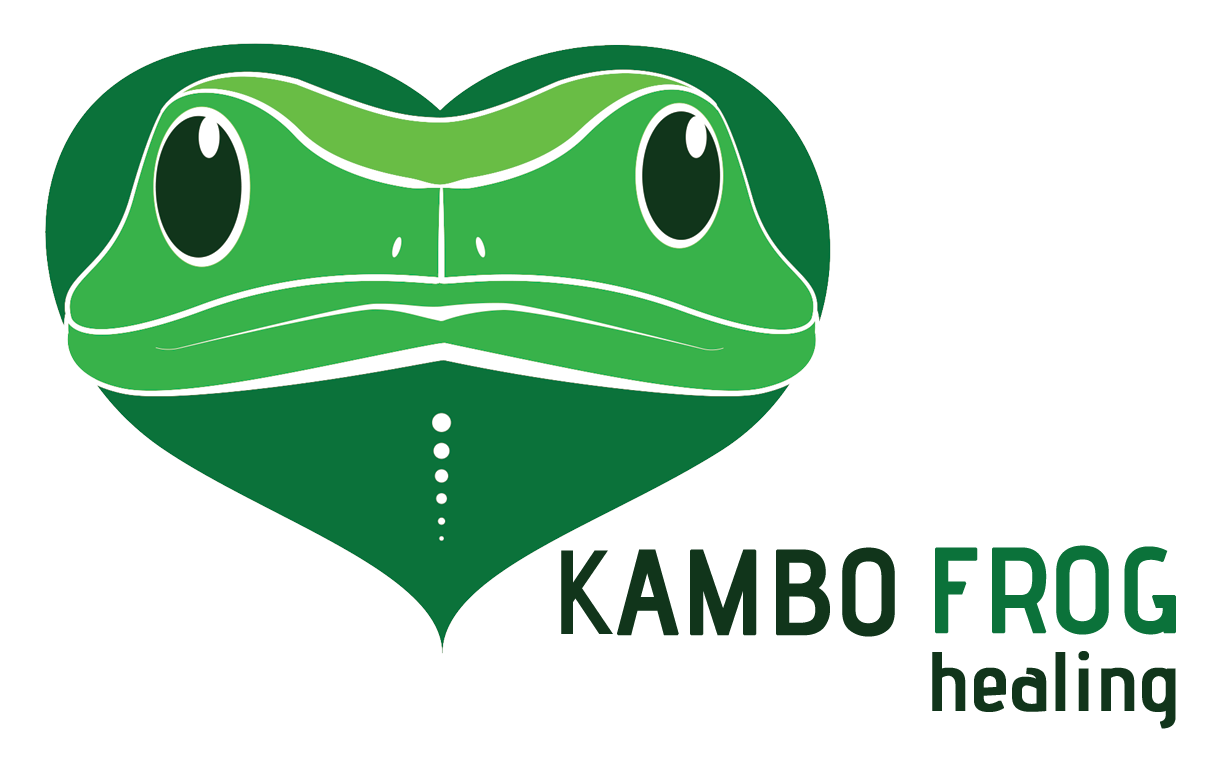WHAT ARE YOU HUNTING?
Kambo is traditionally used by Amazonian jungle tribes as hunting medicine.
The Kambo frog - phyllomedusa bicolor - has no natural predators and consequently, no fear.
Tribespeople take kambo before a hunt so that they, too, are fearless - sharp of eye, quick of foot, agile, energized, able to see their prey and bring it home. Kambo gives them courage, dexterity, strength, and clarity.
We stalk a very different prey in the modern world: Health, happiness, and success lay in our crosshairs and sometimes elude our aim. Kambo removes obstacles from our path and helps us step into our power.
Kambo is an incredible ally; a healer and doctor, a teacher, and a guide on the hunt through life’s jungles.
What is Kambo?
Kambo is the secretion from the giant monkey tree frog, the phyllomedusa bicolor.
Indigenous tribes such as the Matses of Peru sing to the frogs at dawn to call them down from the trees. The frogs are then gently tied to four sticks in the ground, spreading them out into a “X.” The tribespeople believe that the frog has a spirit that would be angered if they were to harm it, so they carefully handle each frog with respect. Once tied to the stakes the frog will begin to excrete; this initial secretion will be gently scraped off and applied to a small wooden plank before the frog is released. The strings leave a small white line on each leg which indicates that particular frog should not be milked again until the line has faded two to three months later. This process does not drain the frog of its natural defense and ensures that only the strongest secretion is applied to the stick. A finished kambo stick will contain the initial secretion of 5-6 frogs. Kambo harvested in this way is considered ethical.
Because the frog has no natural predators, it is not at all endangered. The only thing that puts it at risk is the destruction of the Amazon rainforest, its natural habitat.
The IAKP (International Association of Kambo Practitioners) supplies only the highest quality, ethically sourced kambo from the Matses tribe. The collection and sale of this helps provide community infrastructure and education for their children. IAKP practitioners are encouraged to give back a percentage of each treatment to a non-profit fund established by the IAKP and given directly to the Matses.
(source IAKP www.iakp.org)

